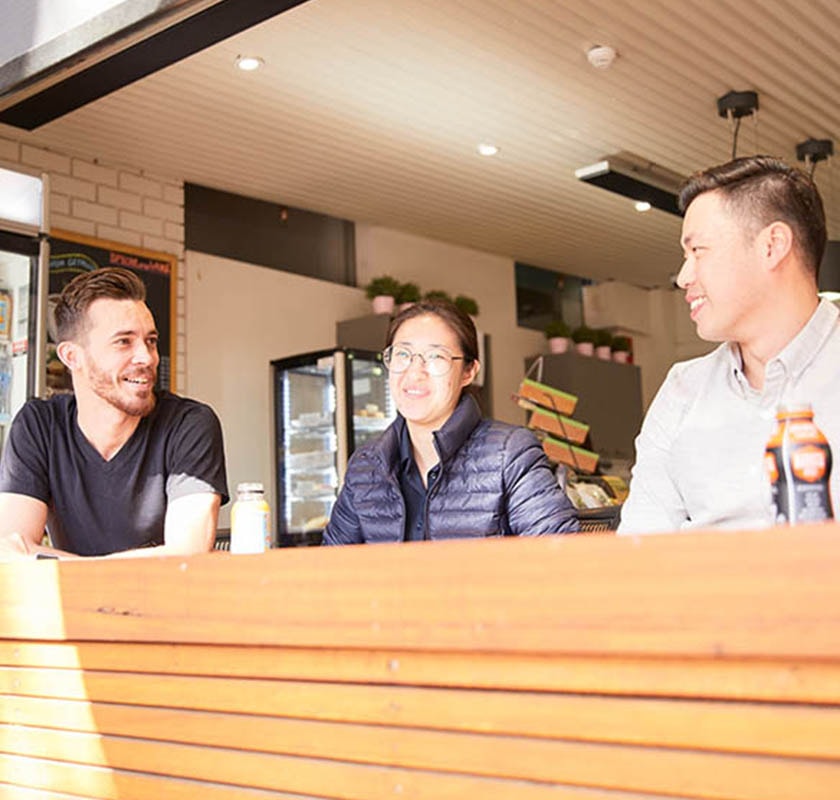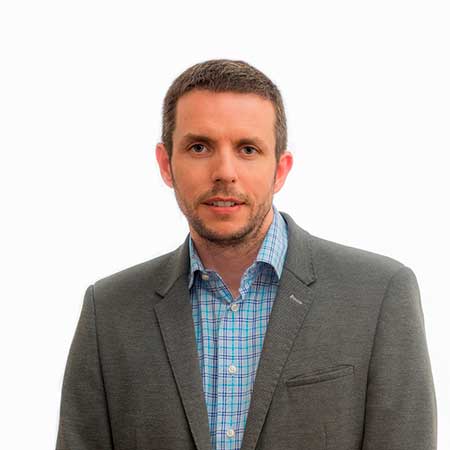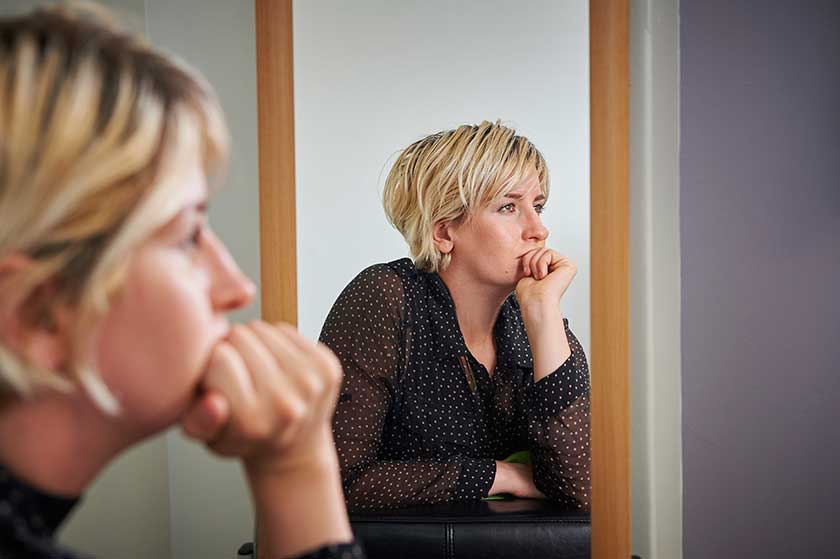It is so unusual to have our personal and professional lives disrupted in such a significant way, at the same time and even more remarkable that they are disrupted by the very same thing. This is particularly the case for health care professionals and others who are managing our nation’s response to COVID-19.
It is encouraging to see the open discussion about the potential mental health impacts of a significant crisis like this. For me, the good news is we are well placed to deal with adversity – we may come through challenging times like this with a little more scar tissue than we had before, but we are not as some would like us to think ‘snowflakes’. We are much stronger than that, especially when we remain connected.
RUOK Day reminds us just how important we are to one another; how simple acts have an impact and how knowing people care matters. It is perhaps more important than ever that we are deliberate about connecting with one another when we have lost so many of the incidental opportunities during this time, as a result of what my six year old son calls ‘the new arrangements’.
So this RUOK Day, rather than simply ask people ‘are you ok?’, can you commit to finding ways to deliberately connect with people who may need a little extra support over the coming months? While professional mental health care is vital and we need to see more done to increase its availability, we shouldn’t underestimate the importance and impact of our natural support networks in maintaining our mental health and helping us understanding our experience. Staying connected and feeling cared for really matters.
How to ask someone, R U OK?
- Here are some tips to help you ask, R U OK?
- Be present and listen to the person, it builds trust and shows you care.
- Move to an appropriate place and make time to talk. Too many people or distractions around may be inhibiting.
- Don’t feel you need to fix a problem. Often the opportunity to talk is enough. You can offer advice, but only if invited to do so.
- If someone is not ready to talk, don’t force them. Respect their decision, but leave the line of communication open in case they want to talk later.
- Remember to check in again with the person, to see how things are going.











